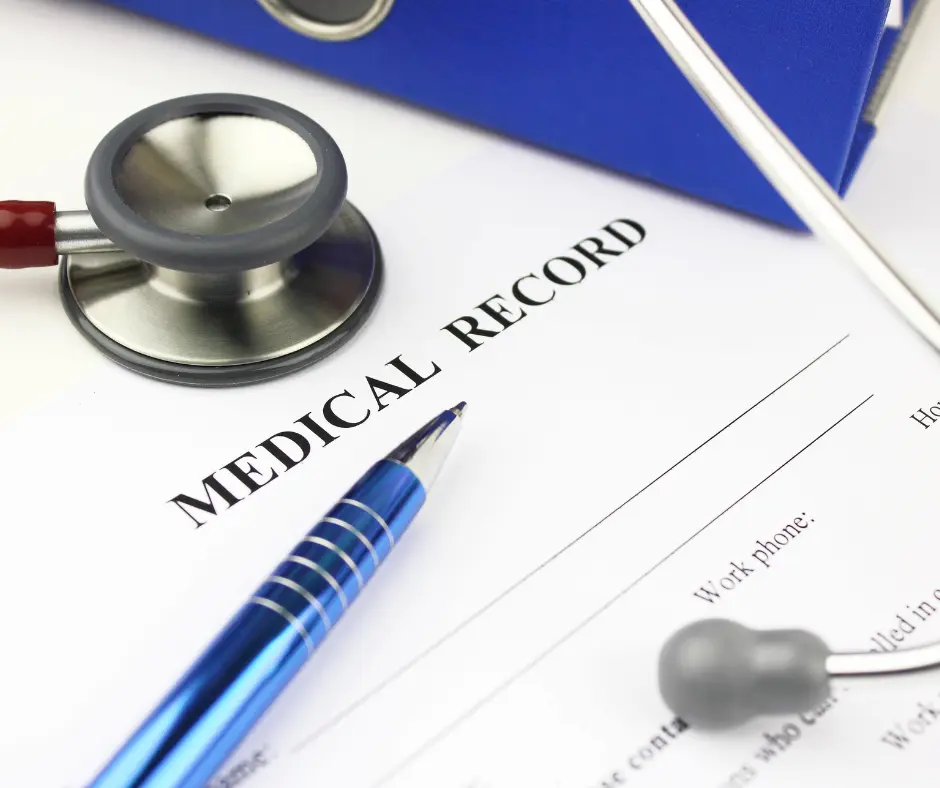Posted on Thursday, September 11th, 2025 at 5:42 am
When you’ve been injured in an accident, every detail matters, especially when it comes to proving your case. One of the most powerful tools in a personal injury claim is your medical records.
Medical records are more than just a list of injuries. They tell the story of how the accident impacted your health, your daily life, and your future. From emergency room visits to long-term treatment, medical records serve as the foundation of your claim and play a critical role in determining the compensation you deserve. Below, Tiemann Law Firm explains the importance of medical records and how they help build a strong case.

Why Medical Records Matter in Personal Injury Cases
Medical records provide a clear, objective account of your injuries, including their severity, required treatments, and whether you may need ongoing care. Insurance companies and courts rely heavily on these records to determine compensation.
Your medical history can also establish a direct link between the accident and your injuries. For example, if you suffered back pain before the accident, but your medical records show new or worsening symptoms afterward, that evidence can demonstrate the accident caused additional harm.
What Medical Records Typically Include
- Emergency room and hospital visits immediately following the accident.
- Physician notes and treatment plans detailing your recovery.
- Diagnostic tests like X-rays, MRIs, or CT scans.
- Medication and therapy records showing the scope of care required.
- Prognosis reports that outline long-term or permanent effects.
Together, these records build a comprehensive picture of your injuries and help demonstrate how your life has been affected.
How Medical Records Influence Compensation
Compensation in a personal injury claim often depends on the severity of your injuries and the cost of treatment. Medical records allow your attorney to calculate damages more accurately, including medical expenses, lost wages, pain and suffering, and future care needs. Without this evidence, insurers may argue that your injuries are minor or unrelated to the accident, potentially reducing the settlement you deserve.
Protecting the Strength of Your Claim
- Seek medical care right away after your accident. Delays can weaken the connection between your injuries and the incident.
- Follow your doctor’s treatment plan to show you’re taking recovery seriously.
- Keep copies of all records and bills for your attorney.
Medical records are more than paperwork. They’re the backbone of a personal injury claim. By documenting the full scope of your injuries and treatment, they provide the evidence needed to secure fair compensation.
If you were involved in a car accident and have a case you want to pursue, we’re here to support and guide you through the process. Contact the personal injury attorneys of Tiemann Law Firm to set up a free, same-day consultation at (916) 999-9000.


